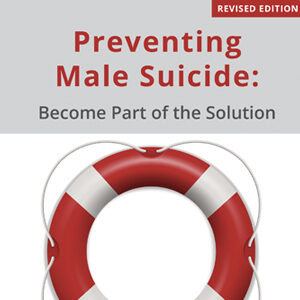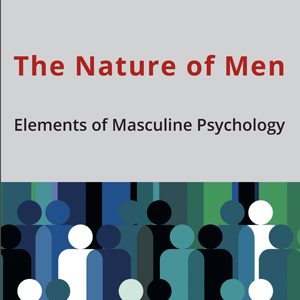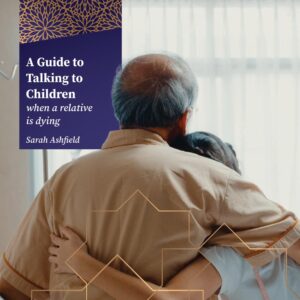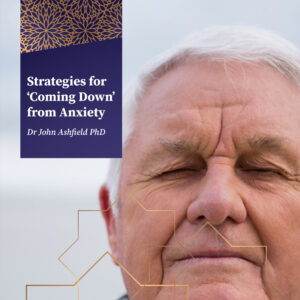Description
Preventing Suicide in Indigenous Communities aims to build the knowledge capacity of social and emotional wellbeing of workers, community leaders, health and mental health workers and key community members. It is the product of experience working in suicide prevention and mental health in a number of Indigenous communities and consideration of literature and reports published by Indigenous Elders, academics, NGO and government sources. It has also depended on the kind assistance of several reviewers associated with Indigenous health and community organisations.
It is not intended to be a ‘one size fits all’ resource. It is beyond the scope of such a resource to reflect the culture, social history, conditions or needs of each indigenous community. Nor can it cater for people who are non-literate in English and who might benefit from a resource in their own language. Instead it sets out to inform Indigenous and non-indigenous people in key roles in communities – people who are English literate and have active links to community services, institutions and organisations. These people are often the ones who can make things happen and are best placed to know the cultural and social characteristics and needs of the communities in which they live.
Though this resource is relevant to both male and female suicide prevention, it is important to recognise that the majority of Aboriginal and Torres Strait Islander suicides are male – young males. It is remarkable that, though most suicides are male, little effort has gone into understanding the particular experience and psychology of males in current suicide prevention efforts. Nor is this yet generally a consideration of researchers, program developers and funding bodies. This should not be taken to suggest that we understand the gender specific experience and needs of females at risk of suicide; in fact, a lack of gender specific understanding in relation to females at risk of suicide is also problematic for prevention efforts.
Obviously, the information in a resource of this kind – in fact the sum of literature on this subject, is no substitute for strong culture, changed social conditions, or the need for more relevant programs and services in Aboriginal and Torres Strait Islander communities. However, practical and accessible information is needed, to help empower key people, who are in a position to influence programs, services and community thinking and action, with relevant ‘rules of thumb’ and useful ideas.
A section on Teenagers and Self-harm has been included, because of the frequency of self-harm in Indigenous communities, the importance of understanding the different approaches that are needed in response to self-harm compared with suicidal thinking and behaviour and because, though self-harm is most often not suicidal behaviour, repeated self-harm makes suicide potentially a less foreign and statistically more likely one.
For the sake of brevity, Aboriginal and Torres Strait Islander people will be referred to throughout this resource as Indigenous people.







Dr John Ashfield –
‘Suicide in Aboriginal and Torres Strait Islander communities is a huge and socially catastrophic problem for us. The statistics often hide the real family and community grief and sorrow that is lifelong. While the problem seems intractable sometimes, there are answers and there are things we can do better to address this challenge. This booklet is a great tool that can help us to understand some of the approaches that can make a difference, and hopefully decrease the prevalence of these terrible events in our communities’.
Dr Mark Wenitong, Adjunct Associate Professor, James Cook University,
School of Tropical Public Health, Aboriginal Public Health Medical Officer at NACCHO, Senior Medical Advisor at Apunipima Cape York Health Council
Dr John Ashfield –
This booklet is a real resource for those (and that should be all of us in Australia) concerned about the tragedy of suicide in Indigenous communities – who experience the pain of suicide in disproportionate numbers. Those who take their own lives are often young men – a fact that should be structured into our community responses, although of course suicide of young women and the related issue of self-harm must also be confronted. In the work I do with Aboriginal men in Western Sydney, this booklet will be an excellent resource for reference in this important and sensitive area, and will help mobilise Australians to address this pressing issue.
Professor John Macdonald, Foundation Chair in Primary Health Care, Director, Men’s Health Information and Resource Centre, Western Sydney University